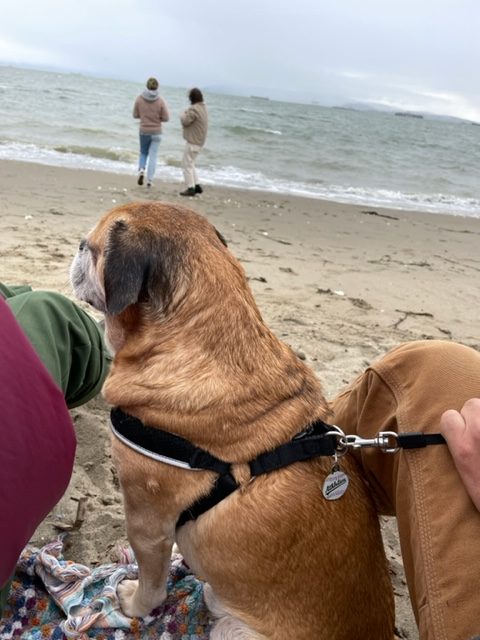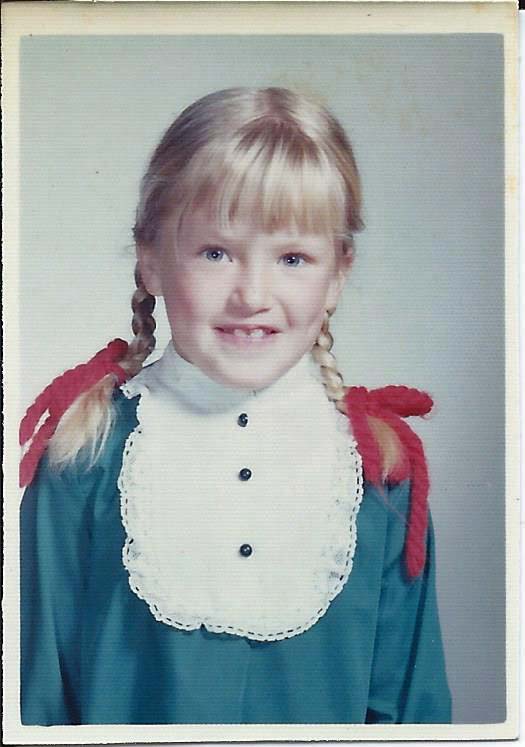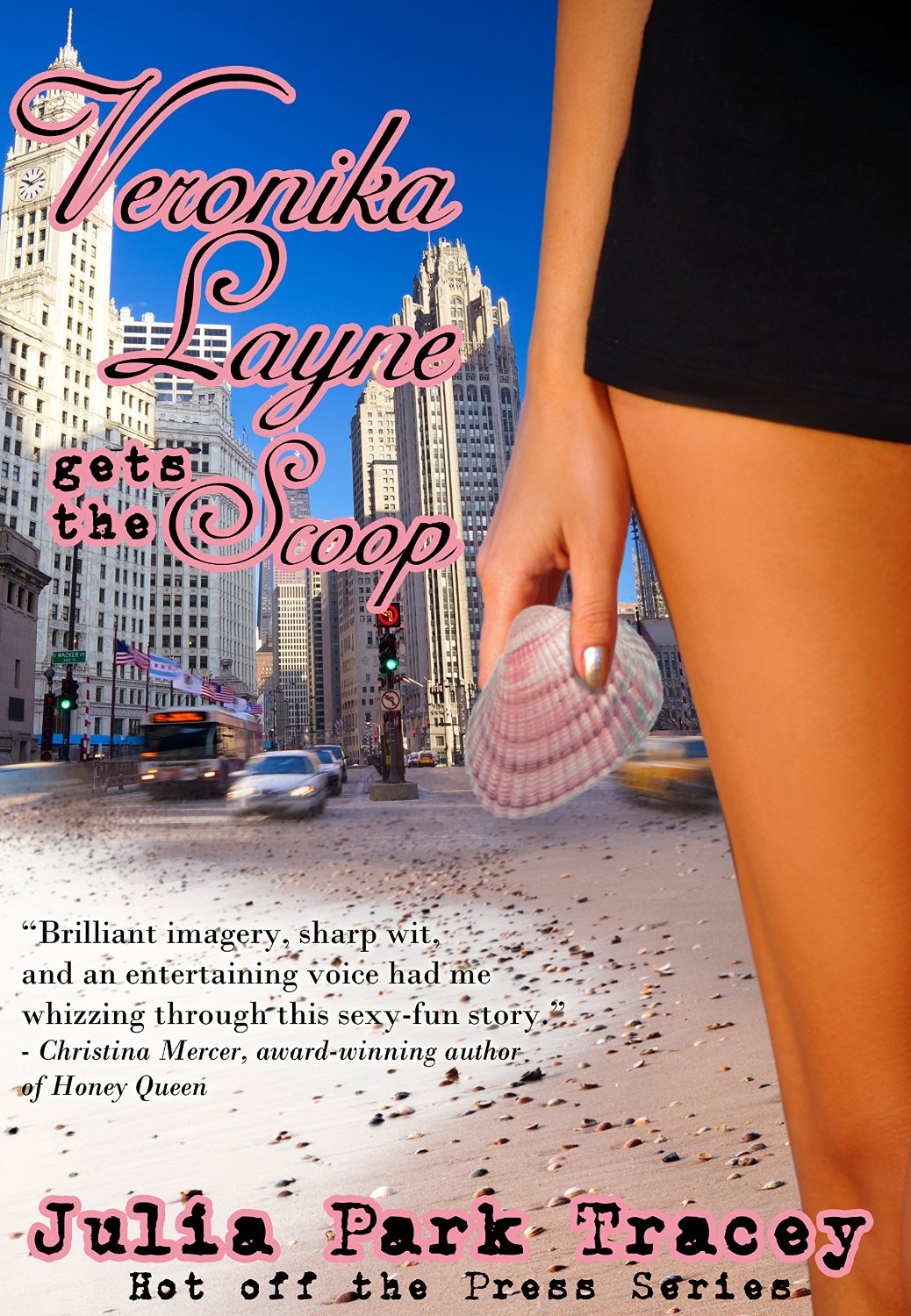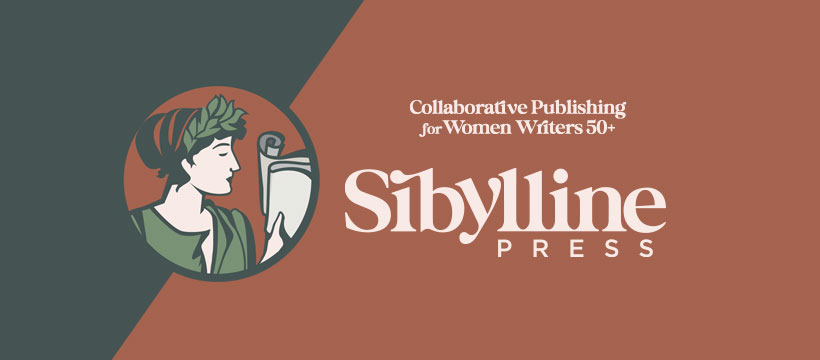slavery
-
Marching through Georgia
It was a rainy kind of day, starting with light drizzles, turning pretty nasty, dumping buckets of rain, lighting and thunder and a few spinouts (by other cars). Not what we’re used to in dry California. It was lovely and a little alarming, but afterward, the skies broke open and beautiful sun rays flashed across the clouds as the sun set. What a pretty thing to see. We started out from Jasper, Alabama, and went to Birmingham to pick up my sister from the airport, and then headed east to Atlanta. Stopped to pick up coffee and snax from a gas station (gas $3.26/gallon). From the back seat of the…
-
Turbulence
It was a long day that began very early in my cozy bed with cats and husband, and alarm ringing at 3:30 a.m. The aircraft had a mechanical issue that added almost an hour to our wait time on the tarmac, and was followed by a bumpy ride, and steeplechase through Dallas-Fort Worth’s huge airport, and barely a bathroom stop before sliding into my seat on the last leg to Birmingham. The first leg was so bumpy I dry-swallowed a Xanax and it hit me in time to keep me from clawing my seat-mate as we rumbled above brown Texas, green Louisiana and Mississippi, and red Alabama. I don’t enjoy…
-
Birthrights and Wrongs
I’m heading south and east this week to dig into some family history, the in-person research I can do only in person in Alabama. I’ll be staying in Jasper, with forays into Birmingham and down to Alexander City and Hackneyville. Part of the research will be digging into libraries and part will be driving around to see the environs where my forebears were slaveholders. I’ve found what I could find on Ancestry.com and at my local library; I have looked through old photo albums (hence the photo of Ole Mary washing clothes, from about 1915; it’s very possible she was a former slave). I have purchased deed-mapping software and found information…
-
Writing as Though I Had Wings
I’ve come to that cross-road in a writer’s life where she has to choose between writing what she wants and writing what earns her bread. It might even be one of those modern five-way stoplights where several roads merge and one must decide whether to turn gently to the right, to join the path ahead, or — most alarming of all — veer to the left and go against the traffic, hoping for a break in the rush to slip across. What to do? And I think I might go for the difficult and risky choice. This is absolutely one of those moments where, if speaking to young writers, I…
-
Because I Haven’t Known What to Say
Because the events of the past week — the horrific shooting deaths of nine African-Americans in a Charleston church by a young white racist, and the — maybe — final straw that will bring down the Confederate battle flag, and bring the longed-for change, I am trying to say — Because when we were children, in the extremely white liberal suburbs of Marin County in the late 1960s, we used to say, “Eenie meenie miney mo, catch a nigger by the toe,” called Brazil nuts “nigger toes,” and when someone asked, “Where’d you get that?,” the response was, “Stole it off a dead nigger.” Because the one African-American girl in…






